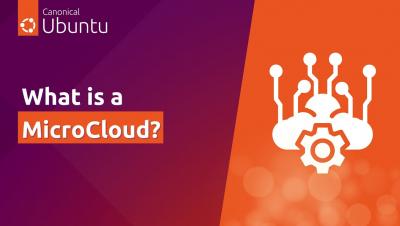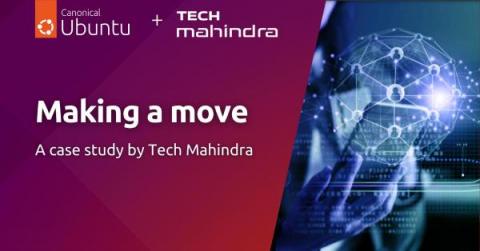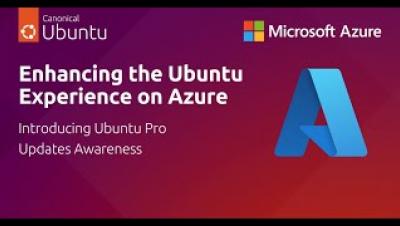What is a MicroCloud?
A MicroCloud is a new lightweight, featureful, and straightforward cloud for on-demand computing at the edge. MicroClouds differ from IoT which uses thousands of single machines or sensors to gather data, yet does not perform computing tasks. Instead, MicroClouds reuse proven cloud primitives with unattended, autonomous, and clustering features that resolve typical edge computing challenges.











